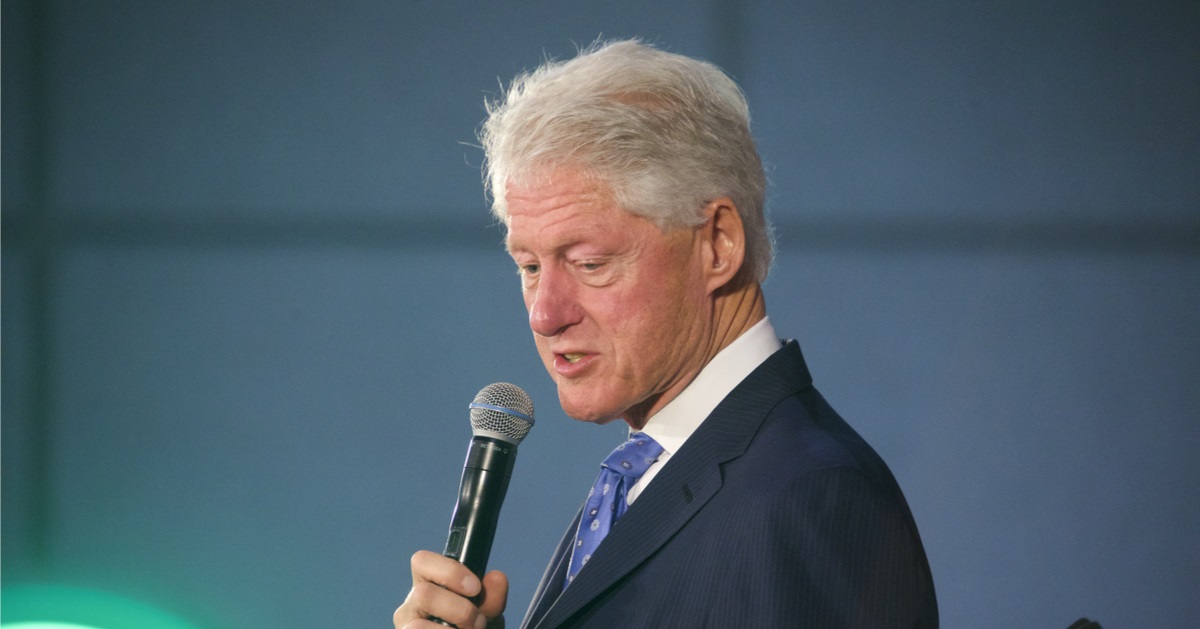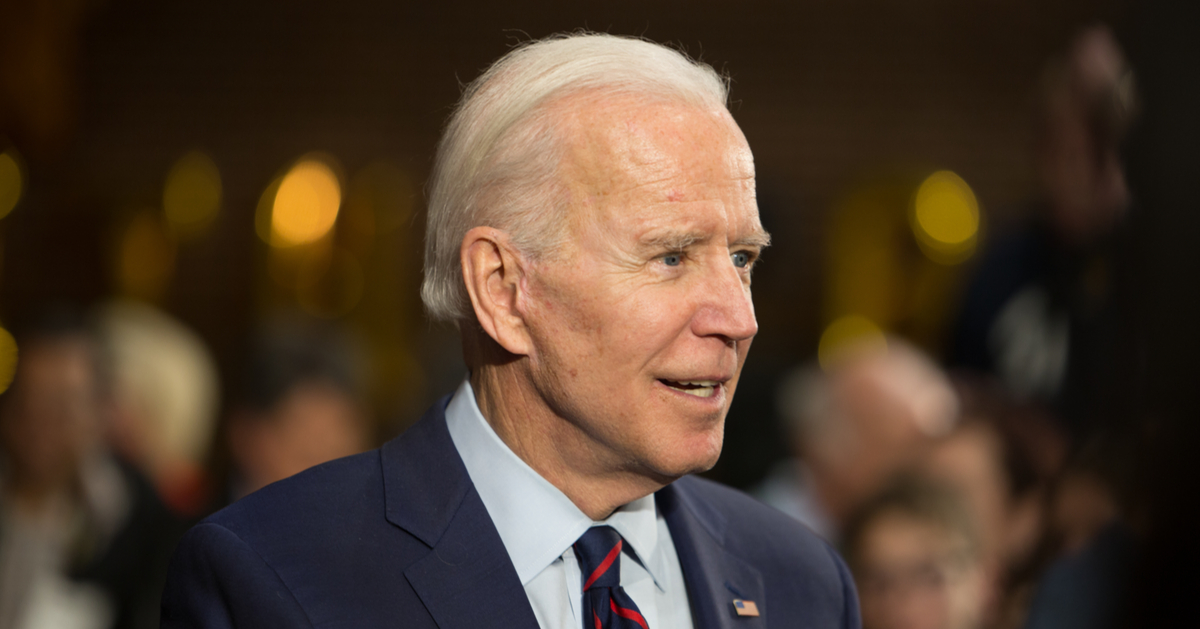Arizona voter citizenship law reinstated by State Supreme Court
The obvious question of who would vote in elections was answered by the Supreme Court of the United States which ruled with what has always been the law of the land earlier this week.
The court was faced with a proof of citizenship case, and handed down their decision, staying with the traditional interpretation, as Just The News reported.
On Thursday, the court upheld a portion of Arizona's voter citizenship proof statute, upholding limitations on the state's voter registration form.
Reuters said that the Supreme Court revived a component of the state law following a request from the Republican National Committee and Republicans from Arizona. This came after federal courts had banned it.
What The Ruling Means
Notably different from federal voter registration forms, state election registration forms require individuals to present evidence of U.S. citizenship.
The need that individuals provide evidence of citizenship when submitting federal forms for the presidential election is still being considered as a potential change to the legislation.
Part two of a three-judge panel's ruling to overturn a previous panel's order to prohibit Arizona's 2022 laws on federal-only voters was made on August 1.
A partial stay of the May ruling of the U.S. District Court of Arizona was granted by the original court in July, enabling some of the statutes to take effect.
The Ruling
Residents who were unable to present evidence of their citizenship in the United States were obliged to utilize the federal voter registration form rather than the state voter registration form as a result of the order that was issued in July.
Arizona is a state that has the peculiar circumstance of having bifurcated elections.
This means that residents who can present documentation of their citizenship in the United States are allowed to vote in all elections, but the rest of the population is only allowed to vote in federal elections. This results in ballots being cast by voters who have not demonstrated that they are citizens of the United States.
In order to register to vote in the state, residents are required by law to produce evidence that they are citizens of the United States.
Earlier Decisions
On the other hand, following a decision made by the Supreme Court of the United States in 2013, which stated that Arizona is required to accept voter registration forms from the United States due to federal requirements imposed by the National Voter Registration Act of 1993, the state permits residents who register to vote but do not provide proof of citizenship to receive ballots for presidential elections only.
The restrictions that were implemented in Arizona in 2022 restricted federal-only voters by allowing them to vote only in congressional elections (and not in state or presidential elections) and by barring them from making mail-in ballots.



